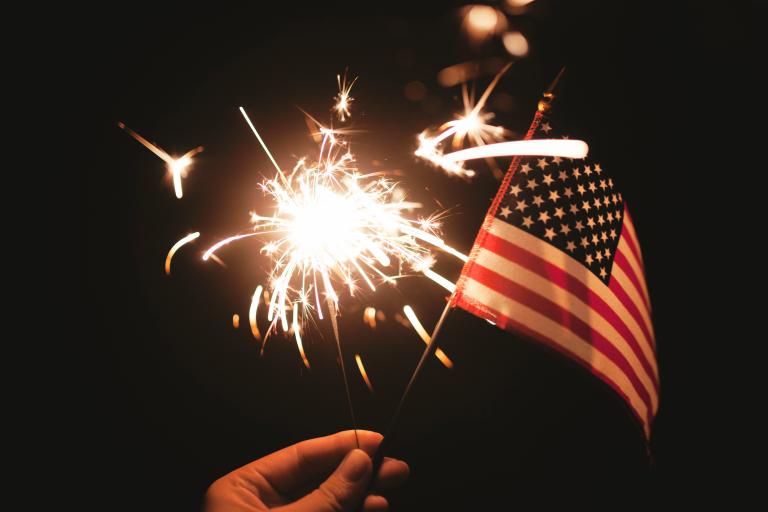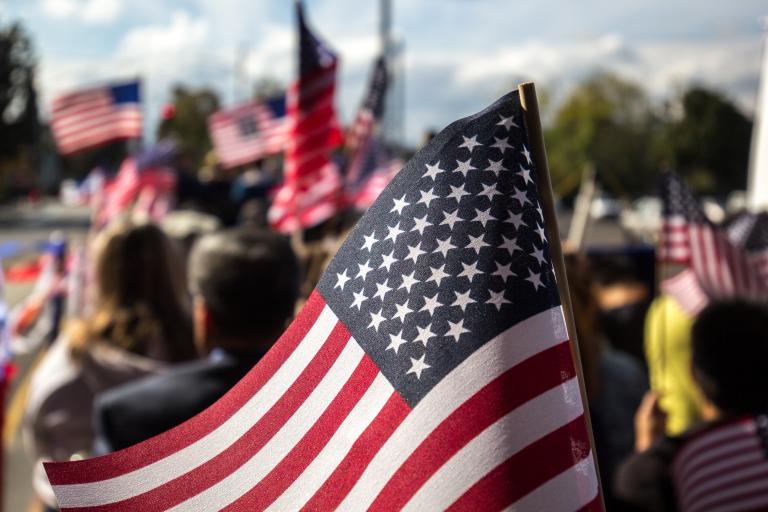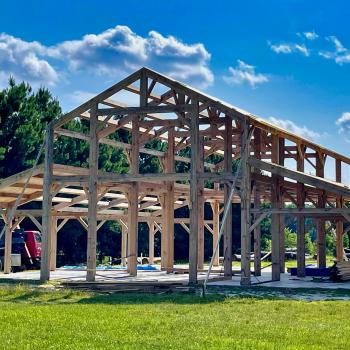This week, America prepares to celebrate the values of freedom and democracy that have defined it for more than two centuries. What does freedom truly mean? Has it become an empty word, a brand we use for salesmanship rather than honor? America is asking itself a lot of tough questions right now. Perhaps an honest assessment of its highest ideal is worth considering on this July 4th week.

Freedom is difficult to define. It is an amalgamation of the best parts of us. A beautiful weaving of the best available to humanity. Here are five of the hallmarks of freedom. These five guidelines will help us understand what freedom is, what it isn’t, and how to steward it responsibly.
1) Consequence Awareness
There is a certain way the world works, a cause-and-effect. We cannot truly walk in freedom unless we understand consequences. The reason for this is because consequences are what bind us. They shackle us, and keep us from becoming the people we are meant to become, from exercising the values we most long for.
Not all consequences are external. Sometimes the result of an action is guilt. Exercising freedom can only be properly done when we can count the costs. And sometimes those costs are internal. Even if you get away with adultery or murder or lying to your parents, you are not empty of consequences. The shackles of our sin are often guilt and shame. And shackles of our own device are shackles nonetheless.
Self-awareness is essential for the existence of freedom. We have to be able to name what we love, what we value, what things really mean to us in order to properly calculate the consequences. Otherwise, we might be oppressing ourselves without even knowing it.
2) Ownership of Choices
Freedom is all about ownership. It is about a person’s ability to take ownership of their choices. This does not power. It means empowerment. Not about control, but honest expression.
We tend to get it backwards in our culture. We try to control the decisions (and consequences) of others while ignoring our own responsibilities. It is easier to cast ourselves as the victim of the choices of others than own the choice and consequence we are responsible for.
We need to make our choices not to control circumstances but in the face of them. We choose because of who we are, not because of what happens to us.
3) Self-Governance
Is there anything in America more tragic than a spoiled child? Perhaps a spoiled adult?
The difference between freedom and indulgence is our ability to say no to ourselves. If we cannot set boundaries, we are not living in true freedom, we are ignoring a world of consequences. Refusing to acknowledge that what we want is not always the same as what is best.
Without self-governance, we will be surprised by consequences. Entitled and defensive, we will shift blame to everyone around us. We will impose the oppression of delusion on ourselves. This is not true freedom. It is immaturity.
Feeding our insatiable ego isn’t just immoral, it is oppressive; both to our own identity and to the community we’re meant to participate in. Not being able to govern ourselves is a subtle but effective way to cut off our expression of freedom at the legs.
4) Accountability in Community
Freedom is refined in community. The pursuit of truth is fundamental and essential to the exercise of freedom. The Bible says it is the truth that sets us free. Freedom is the unencumbered expression of truth.

And truth is too big for any one of us. To be truly free, we need one another – ironically. We need feedback and trust, help and support. We need to be challenged, and we need to love and be loved.
The other people in this world are catalysts for freedom, not obstacles.
5) Adaptation
If we cannot learn, if we do not change, we are not living in freedom. Expression has a way of spurring creativity. To be free is to discover. If we are not willing or able to discover ourselves anew, there is something thwarting our freedom.
Feeding our insecurity or entitled opinions is not the same thing as expressing freedom. Adaptation is the natural result of freedom. It is why innovation has helped drive America forward. If we are unable to adapt responsibly, we are failing our commitment to live in freedom and learn from the choices and experiences before us.












